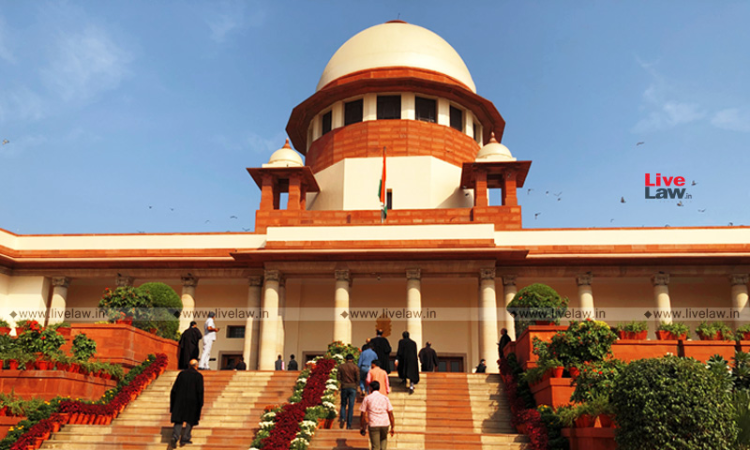States Can Give Hindus Minority Status If They're In Minority There; Minority Welfare Schemes Not Unconstitutional : Centre Tells Supreme Court
LIVELAW NEWS NETWORK
27 March 2022 8:24 PM IST

The Centre has also stated that there is no constitutional infirmity in the minority welfare schemes.
Next Story


